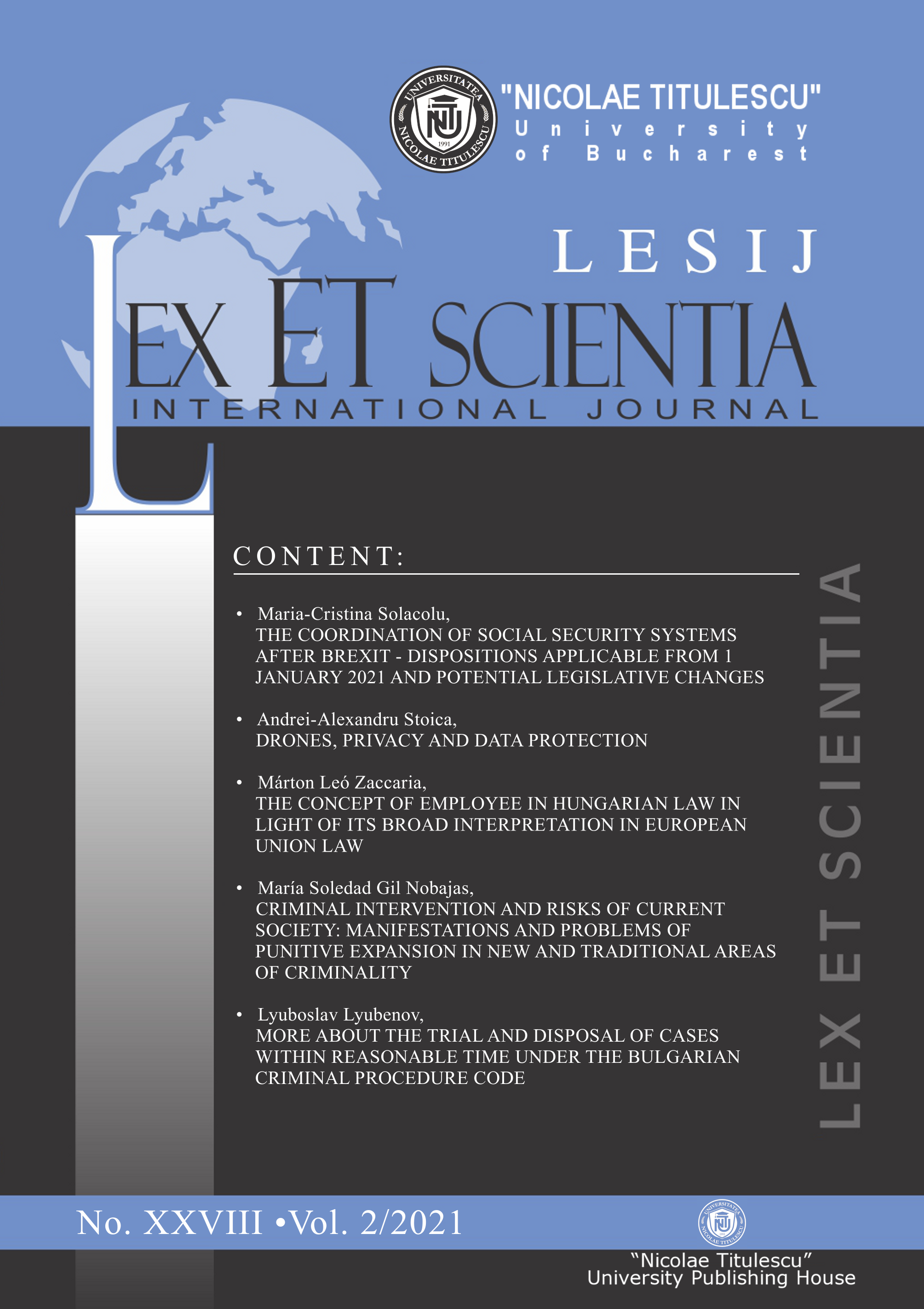Parental Authority Between Law and Psychology
Parental Authority Between Law and Psychology
Author(s): Ioana PădurariuSubject(s): Law, Constitution, Jurisprudence, Human Rights and Humanitarian Law
Published by: Universitatea Nicolae Titulescu
Keywords: parental authority; parental responsibility; best interests of the child; children”s rights; Convention on the Rights of the Child; emotional development of the child; parenting styles;
Summary/Abstract: The Romanian Civil Code uses the concept of „parental authority”, which means all the rights and duties concerning both the child and his/her assets. The rights and duties belong equally to both parents and are exercised in the best interests of the child. It does not matter whether the child”s parents are married or not, and whether the child was born during or outside the marriage. When making the decision, the court will consider, first of all, the interest of the child. So the court must observe the personality of the child, the lifestyles of his parents, as well as the emotional orientation and background of the child. The court will also must take into consideration the child”s right that the parents care for him, his right to maintain regular personal contact with the parent to whom he has not been entrusted and, for that parent, the right to obtain regular information about the child. Also, the court may also decide to approve an agreement between the parents unless it is clear that this agreement is not in accordance with the principle of the best interest of the child. The term „parental authority” is an old concept from ancient times where parents were presumed to have power and a sense of ownership over their children, just as they had over their goods or animals. Nowadays, taking into consideration the recognition and acknowledgement of children”s rights, this concept of a parent having control or domination over the child”s life is seen as being outdated. More appropriate seems to be the term of „parental responsibility” or even „parental responsibilities”, in order to refer at the rights and duties „owed” by the parents towards their children. More than authority, the parents have responsibilities and the children are individuals in their own right and should be treated as such. No one has power over another human being, but everyone has responsibilities to others and, most importantly, parents have the obligation to ensure that their children become into responsible and mature adults.
Journal: LESIJ - Lex ET Scientia International Journal
- Issue Year: XXVIII/2021
- Issue No: 2
- Page Range: 13-29
- Page Count: 17
- Language: English

